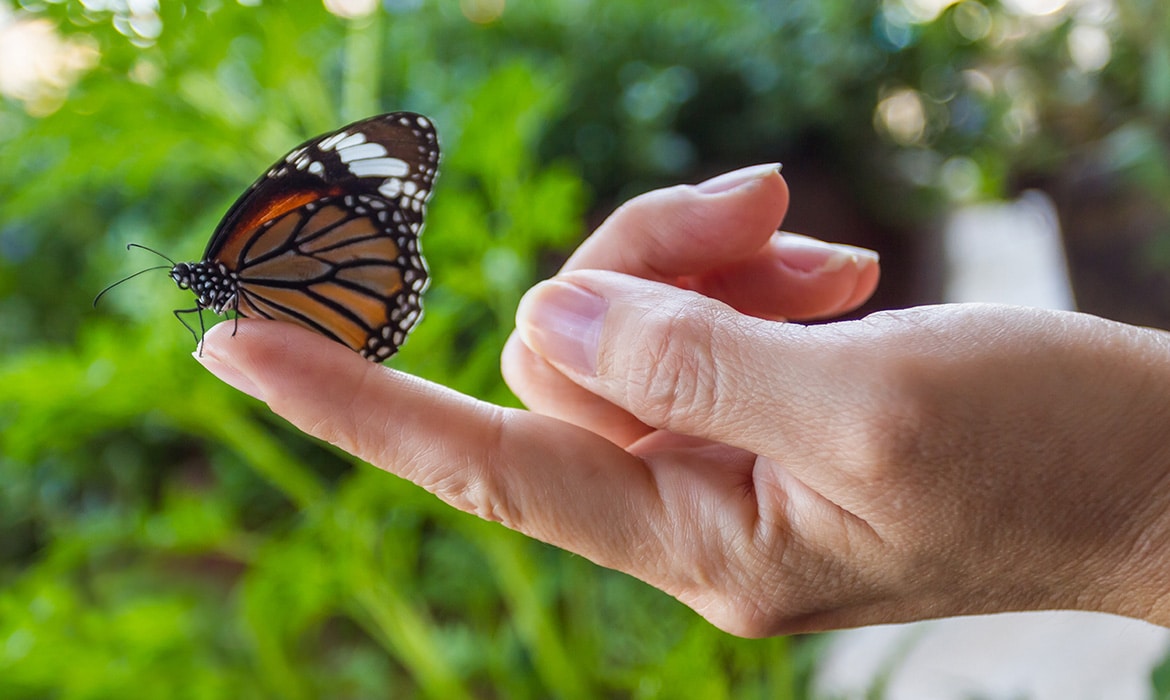
Photo: amnachphoto/Depositphotos
It seems to be widely accepted that bugs cannot feel pain. Because of this, insects do not have the same protections vertebrates do when it comes to scientific research. After years of unquestioning faith in this assumption and many studies that have exposed insects to harm-inducing environments, there is now evidence that points to the possibility that insects actually do feel pain.
In a paper published by Proceedings of the Royal Society B, three researchers argue that insects possess control over a biological behavior called nociception, similar to how vertebrate animals do. Nociception, they define, “is the detection of potentially or actually damaging stimuli,” and can be associated with the feeling of pain.
While nociception and pain are not the same thing, we do not have a full understanding of the relationship between the two in animals. This leads the authors—Matilda Gibbons, Sajedeh Sarlak, and Lars Chittka—to take the position that having a descending control over nociception is synonymous with having a descending control over pain.
Descending control of nociception is important in survival, allowing animals to inhibit or prioritize nociception in different situations. An example the study uses to showcase this behavior is when an animal is injured in a fight. When still in combat, the moderation of nociceptive processes will allow the animal to continue to fight and not be distracted by an injury. After combat is over and the animal is in safety, an influx of nociceptive processing is enabled. This then allows the animal to properly understand the severity of the damage and to protect their injuries.
The researchers then take a look at insects’ responses to traumatic events to see if they possess the same high-level adaptation to painful situations. They found that insects produce certain neuropeptides that might act as pain suppressors, similar to how humans produce opiates. They also found that when faced with particular threats, insects can become more sensitive. Their research highlights a situation where fruit flies are repeatedly exposed to heat, and then start to have quicker response times to heat exposure.
An example typically used to signify insects don’t feel pain could actually mean the opposite, they argue. When mating, female praying mantises infamously eat their mate. The male mate responds by continuing to mate, even when its typical response to being eaten would be to attack. The paper notes the male probably reacts in this way for the betterment of all praying mantises; a female that has proper nutrition will result in healthier offspring. “This…has been suggested to indicate the absence of pain in insects; however, it is more likely that it demonstrates that insects can prioritize other behavioural needs,” as well as reduce nociceptive processes to do so.
The paper concludes that while it isn’t yet proven that bugs can feel pain, their findings show that more research needs to be done to be certain. It also states that further research should aim “to clarify whether we should be affording ethical protection to insects in potentially harm-inducing settings, such as farming and research.”
While it is widely accepted that bugs can’t feel pain, new evidence seems to indicate that they can.
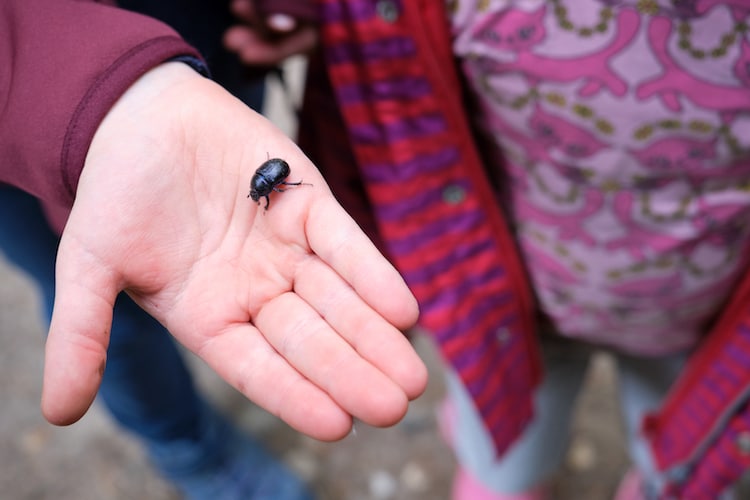
Photo: aufandresart/Depositphotos
In an article published by Proceedings of the Royal Society B, a trio of researchers argues that insects possess descending control over a certain biological behavior, called nociception, that vertebrates do.
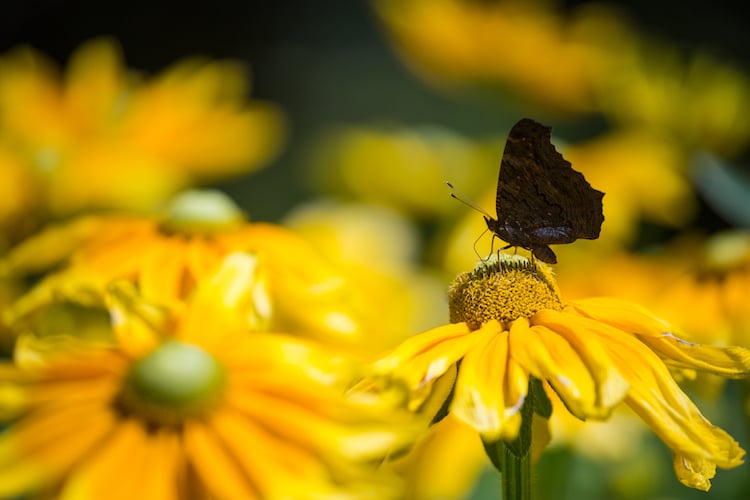
Photo: ZoranKomparPhotography/Depositphotos
Our bodies utilize this behavioral process when emergencies occur and injuries cause too much pain that would distract us from surviving. For example, not knowing you are injured from a car accident until afterwards.
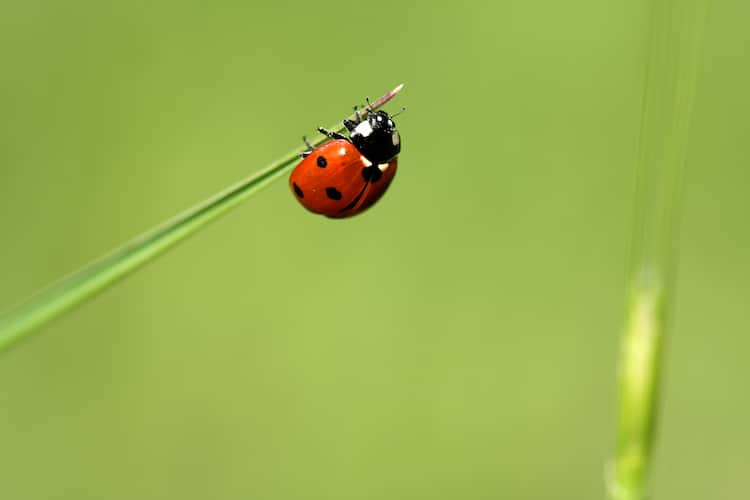
Photo: 33ft/Depositphotos
Similar neurological and behavioral reactions have been found in insects, such as the presence of neuropeptides in insects that act like opiates do in humans, the study shows.
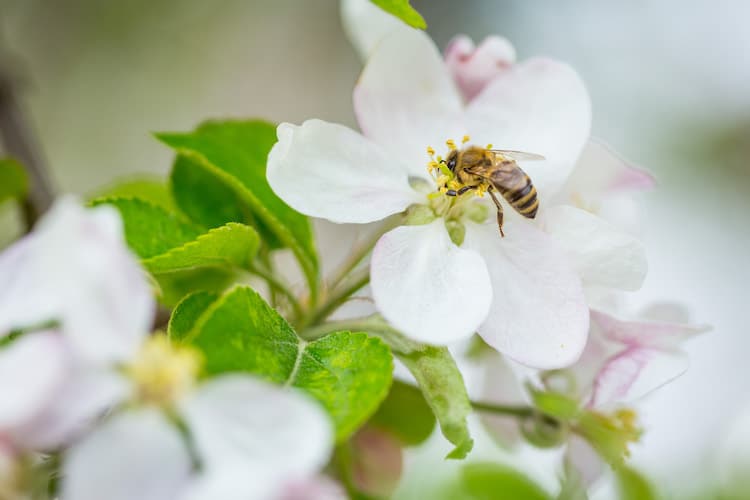
Photo: ZoranKomparPhotography/Depositphotos
The paper concludes that while it is not proven that bugs can feel pain, their evidence shows that more research needs to be done to be certain that they cannot.

Photo: annavalerievna1/Depositphotos
This research could forever change the landscape of scientific studies utilizing insects, as well as how we all interact with bugs.
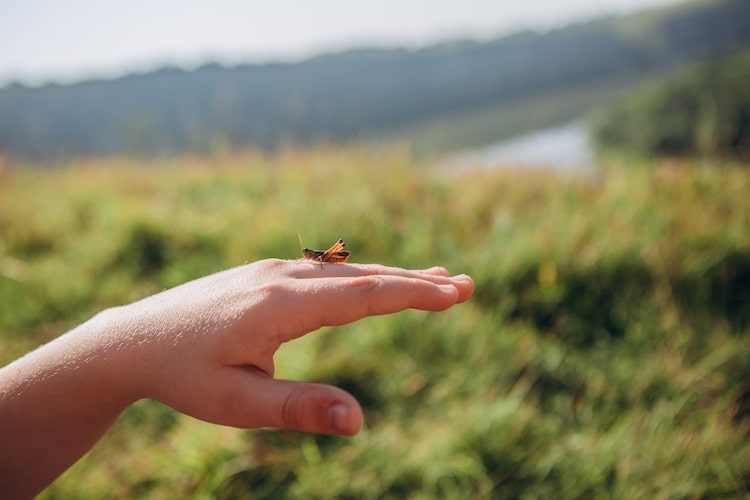
Photo: yunafoto/Depositphotos
h/t: [IFLScience]
Related Articles:
Man Turns His Fear of Bugs Into an Award-Winning Career as a Macro Insect Photographer
Artist Forages Fallen Flora and Arranges It Into Exquisite Portraits of Animals and Insects
Artist Offers Her Work to Bees for an Unlikely Creative Collaboration With the Insects
Embroidered Insects With 3D Wings Look Like They Could Fly Right Off the Fabric
